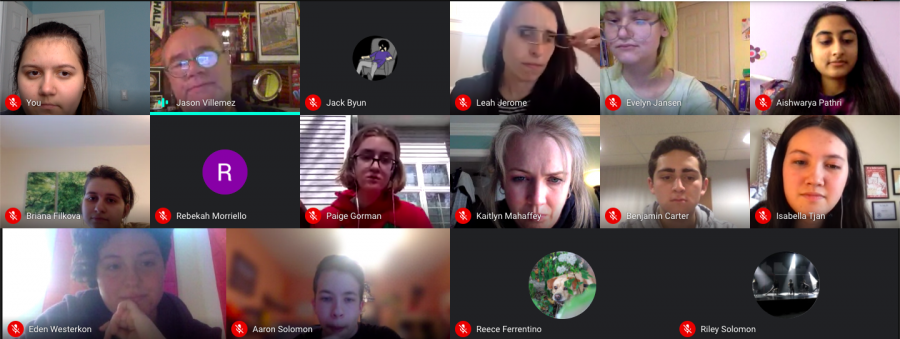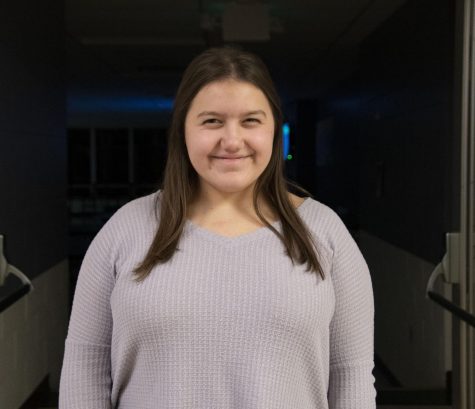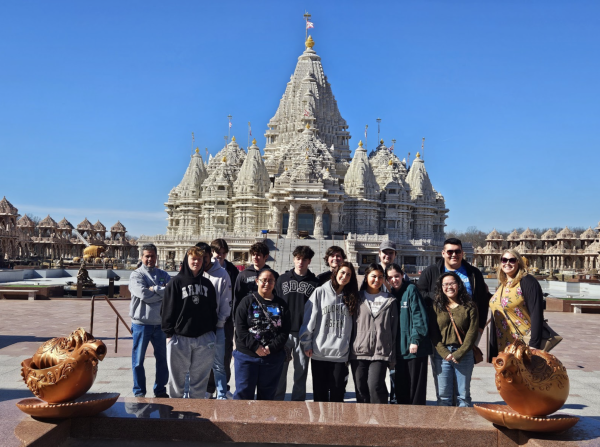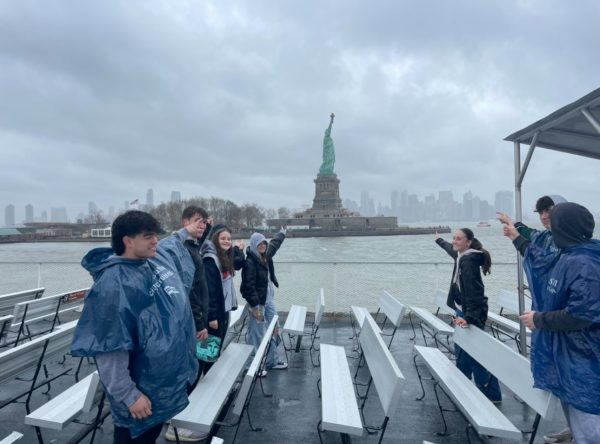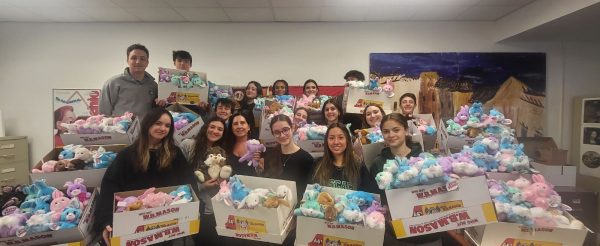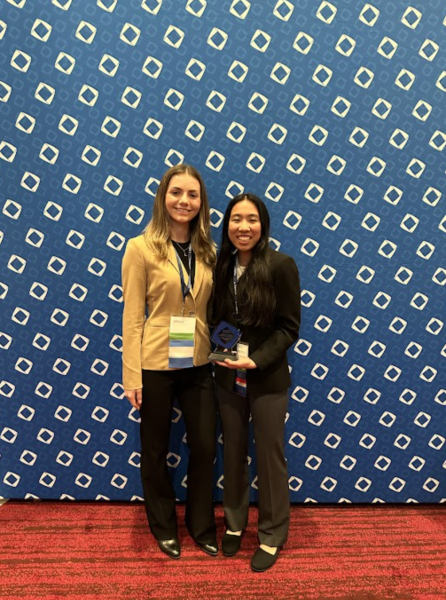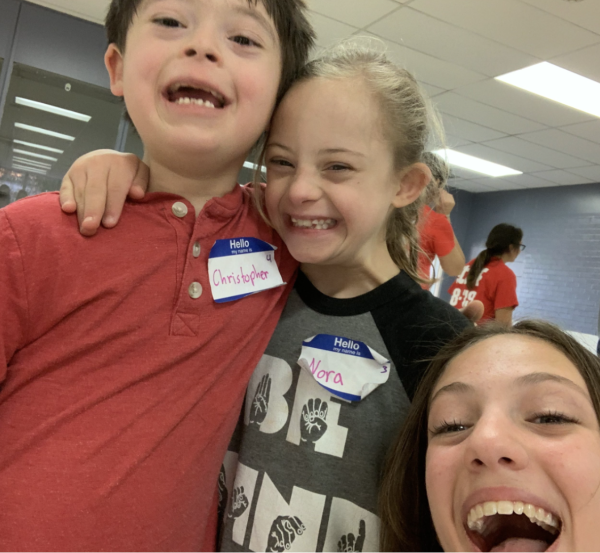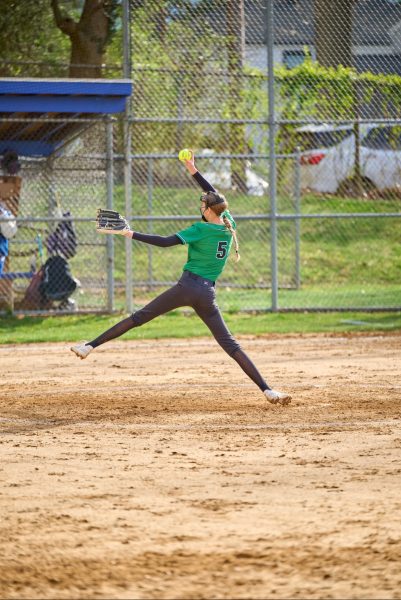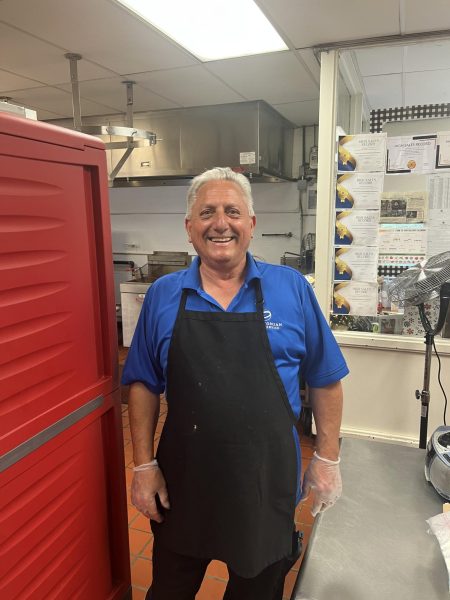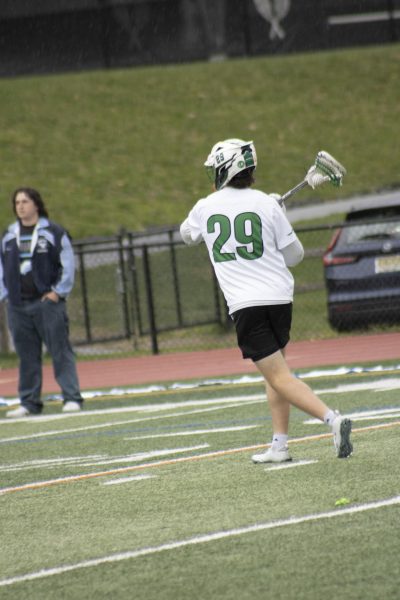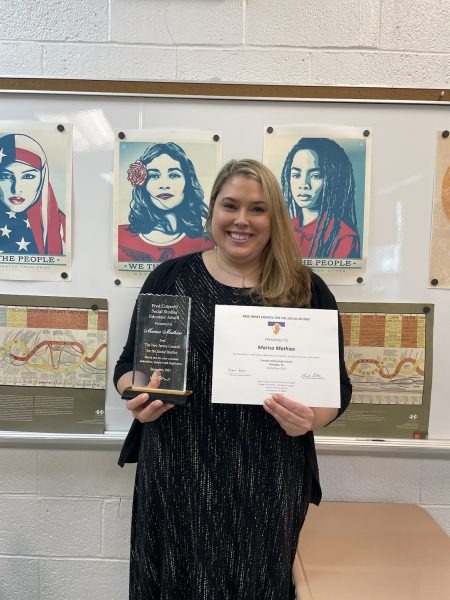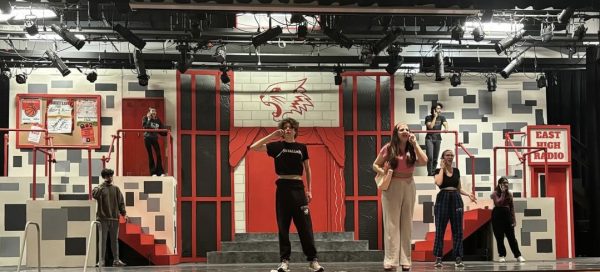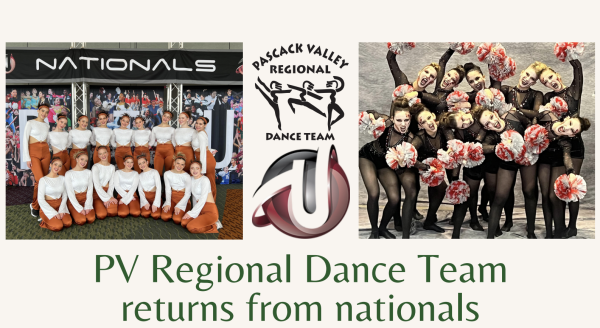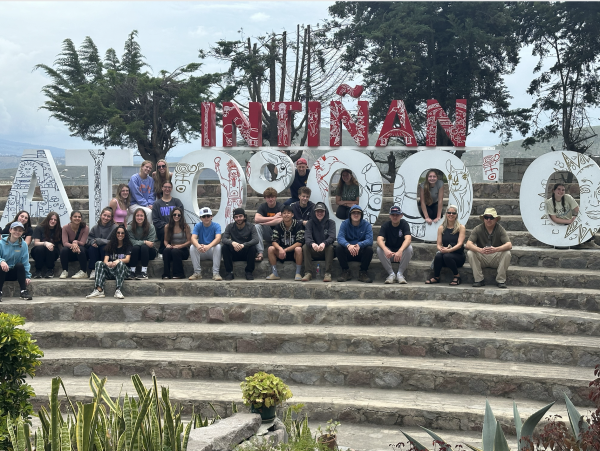LGBTQ+ activist speaks to district
The PV History Club presented 70-year-old LGBTQ+ activist Mark Segal as a guest speaker on Tuesday, April 20. Segal spoke to the district from 3 p.m. to 4 p.m. through Google Meet to discuss his participation in the Stonewall Riots.
The Pascack Valley History Club presented 70-year-old LGBTQ+ activist Mark Segal as a guest speaker on Tuesday, April 20. Segal spoke to the district from 3 p.m. to 4 p.m. through Google Meet to discuss his participation in the Stonewall Riots. The event was open to students from both PV and Pascack Hills
“It’s a great thing to be 70 years old,” Segal said. “It really is because I’ve seen a lot of change, especially in my community.”
The event began with Segal sharing his experiences after coming to terms with the fact that he was gay at the age of 16 years old. When he realized that there were more members of the gay community in Greenwich Village, Segal decided to move to New York after high school. Segal recalled dancing at the Stonewall Inn, a gay bar in Greenwich Village, during times when tensions were high between the gay community and the police.
“Eventually sometime during late at night [I’d] go to the Stonewall with [my] friends and dance because if you were out in the street, you might get hassled by the police or you might get beat up by people,” Segal said. “It wasn’t a safe place, even though it was our neighborhood.”
After living in New York for six weeks, Segal experienced his first police raid at the Stonewall where he saw police officers screaming homophobic slurs and pushing people who they assumed were a part of the LGBTQ+ community out of the bar.
“We started bombarding the front of the building with everything we had. [The police] came out and tried to get us to leave. We wouldn’t leave,” Segal said. “More important, we barricaded the police] in the bar. It was the first time the gay community stood up and embarrassed the police.”
One year into the Stonewall riots, the first gay pride parade was organized, according to Segal. Since the first gay pride parade has no official committee chairs or structure, Segal called the first gay pride parade “the most dysfunctional organization that I’ve ever had the pleasure of being a member of.
Following the Stonewall riots, Segal became one of the original founders of the Gay Liberation Front in 1969. He also went on to disrupt live tv shows as a way to bring attention to the gay community.
“The whole idea was so [the gay community] would no longer be invisible, and so people could talk about us,” Segal said. “When people talk, they begin to understand, and [the gay community] was no longer invisible.”
After his presentation, Segal held a Q&A portion where students asked him questions about his involvement in the Stonewall riots and his thoughts on current LGBTQ+ issues. He then ended the event by giving advice to anyone that’s a part of the LGBTQ+ community.
“No matter what’s going on in your life right now, there are good things ahead. There is a community out there that wants to embrace you, and society will embrace you as well,” Segal said.

